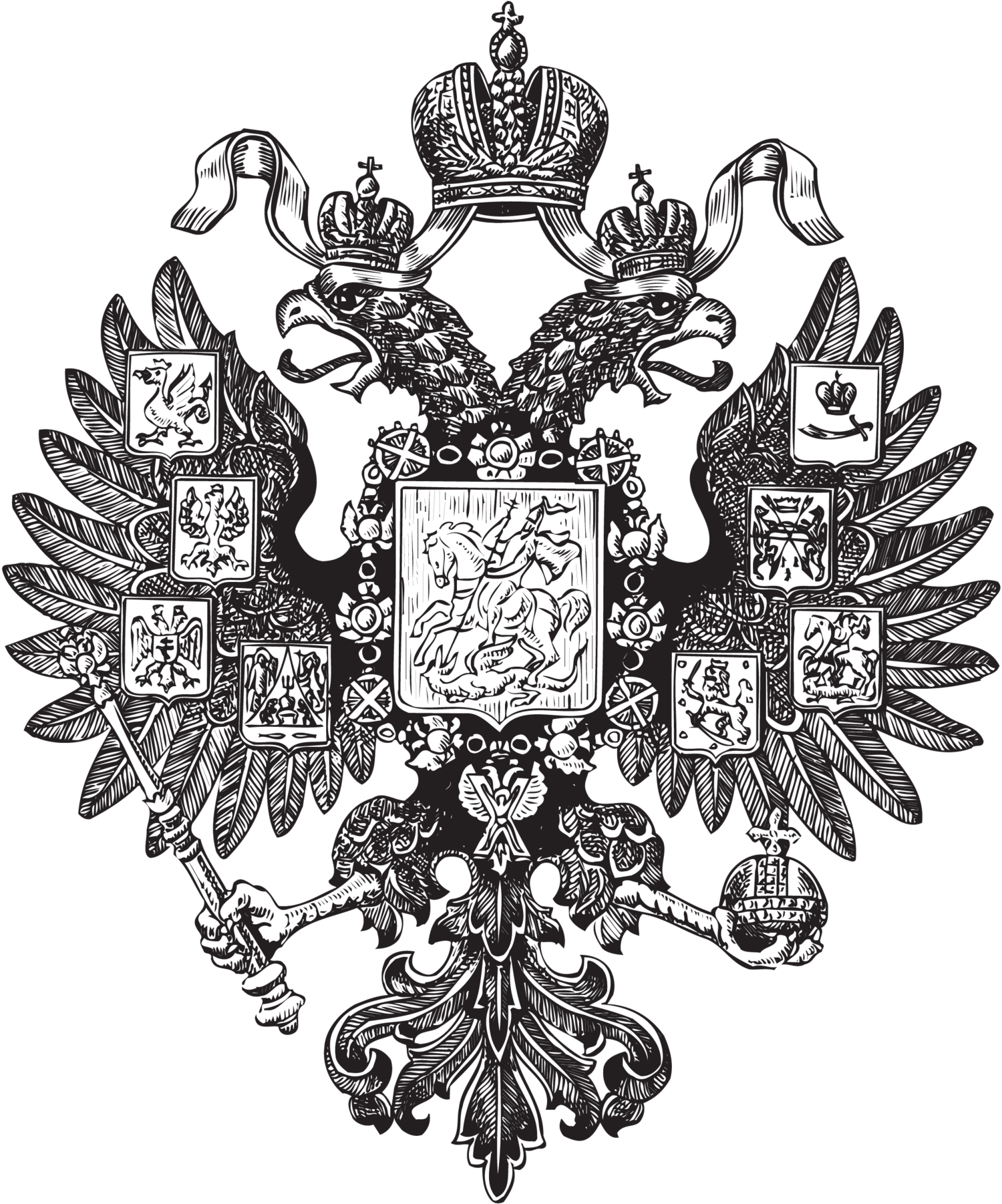Does the Russian Imperial Family Plan to Return to Live in Russia?
When the Soviet Union dissolved, the long exile of the Russian Imperial House came to an end. Soviet legislation that had gone into effect after the Revolution of 1917 stripped the members of the Russian Imperial House of their Russian nationality. The Russian Federation restored Russian citizenship to Grand Duchess Maria and her son Grand Duke George in 1992, and they were issued Russian passports.
Since becoming the head of the dynasty in 1992, Grand Duchess Maria and her son have made over 100 trips to Russia and the other countries once forming the Russian Empire. Therefore, although the Grand Duchess continues to reside in Spain and her son maintains a residence in Belgium, they are constantly on Russian soil, and Russia has become their second home.
After the fall of the Communist regimes that had governed their countries since the 1940s, the royal families of Romania, Bulgaria and Serbia have all regained some of their confiscated former residences and have returned to live in their homelands during portions of the year. Grand Duchess Maria has made it clear that the Imperial Family does not desire the restitution of any of its former residences. She believes that several of the former palaces must be deemed to have been state property, even before the Revolution. Although several other residences were privately owned by the family, she is of the view that their restitution, almost a century after the Revolution of 1917, would cause unnecessary disruption.
Her Chancellery, however, has requested that the Russian Government accord to the Imperial House legal status as a 400 year old historical institution and assign to it suitable premises for office space and to organize functions and receive visitors. Her return to Russia to live permanently would be first and foremost in order to devote herself full-time to directing this historical institution and its various cultural and charitable initiatives. It therefore makes sense to her that her Chancellery's request is one of the issues that should be acted upon first. She wants the historical, cultural, charitable and non-political status of the Imperial House to be well defined, so that its terms of reference and scope of activities are clear. To cite one example, she is keen to avoid any risk that the Russian Government view the activities of the Imperial House as political. A formalized legal status would avert any such misunderstanding.
Update 2022
For the past several years, since the Spring of 2019, Grand Duke George has lived full-time in Russia’s capital city of Moscow, though his business and charity work brings him frequently to London and to Brussels (where he maintains a second home).
The residence of the Grand Duke in Moscow is not inconsistent with the position of the Russian Imperial House, and it is an asset to have the Heir living in Russia full-time. On the announcement of their engagement, Princess Romanova moved to Moscow to be with her fiancé, and their civil ceremony took place in the capital.
The couple plan to remain in Moscow with Russia as their primary residence for the foreseeable future, working on their considerable local philanthropic efforts.

